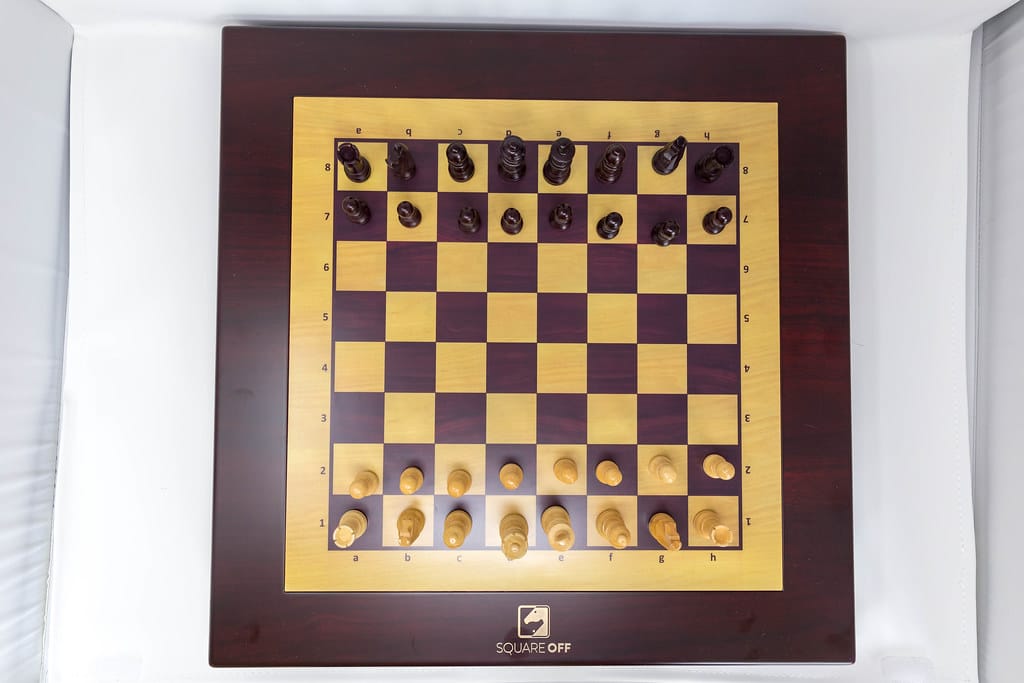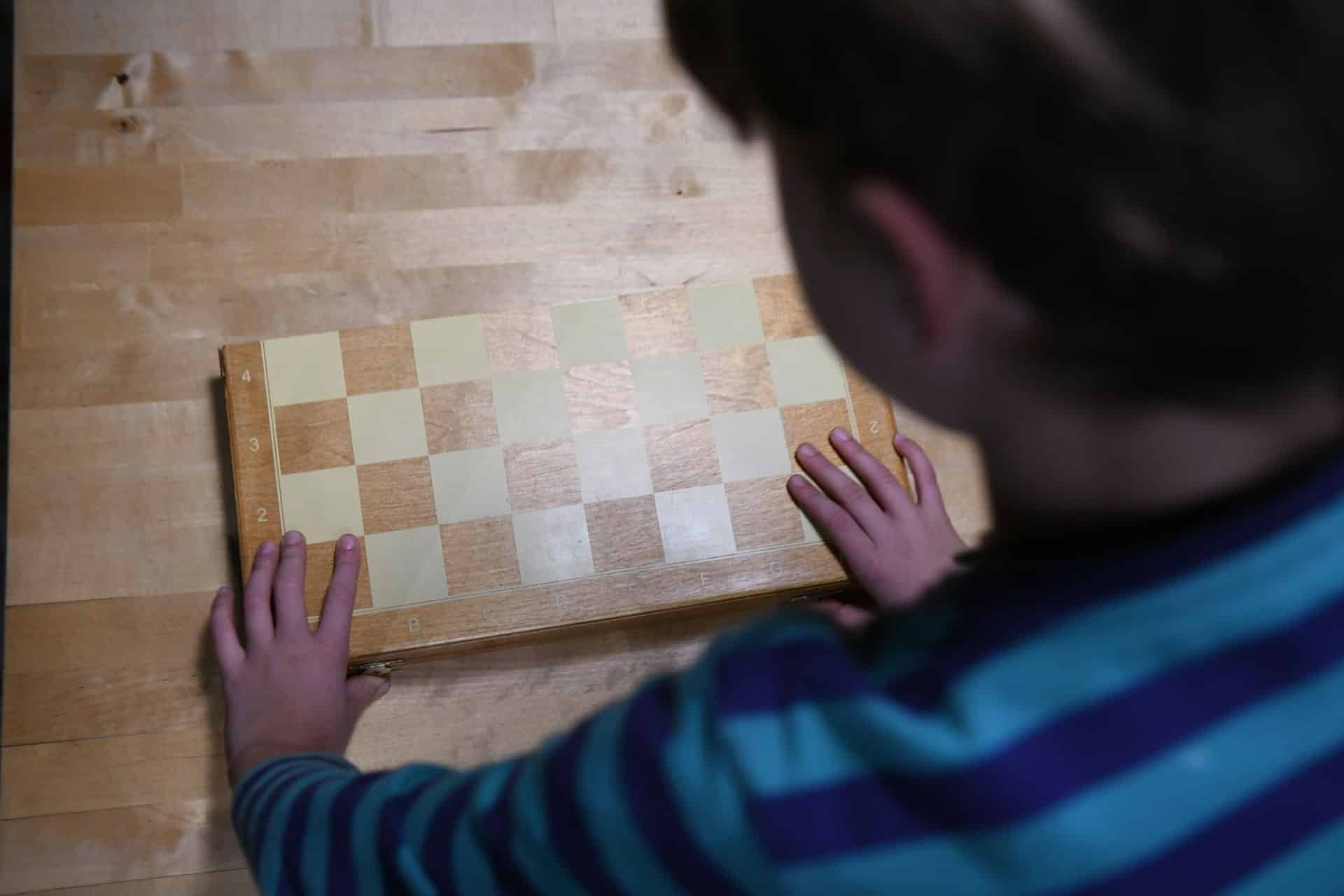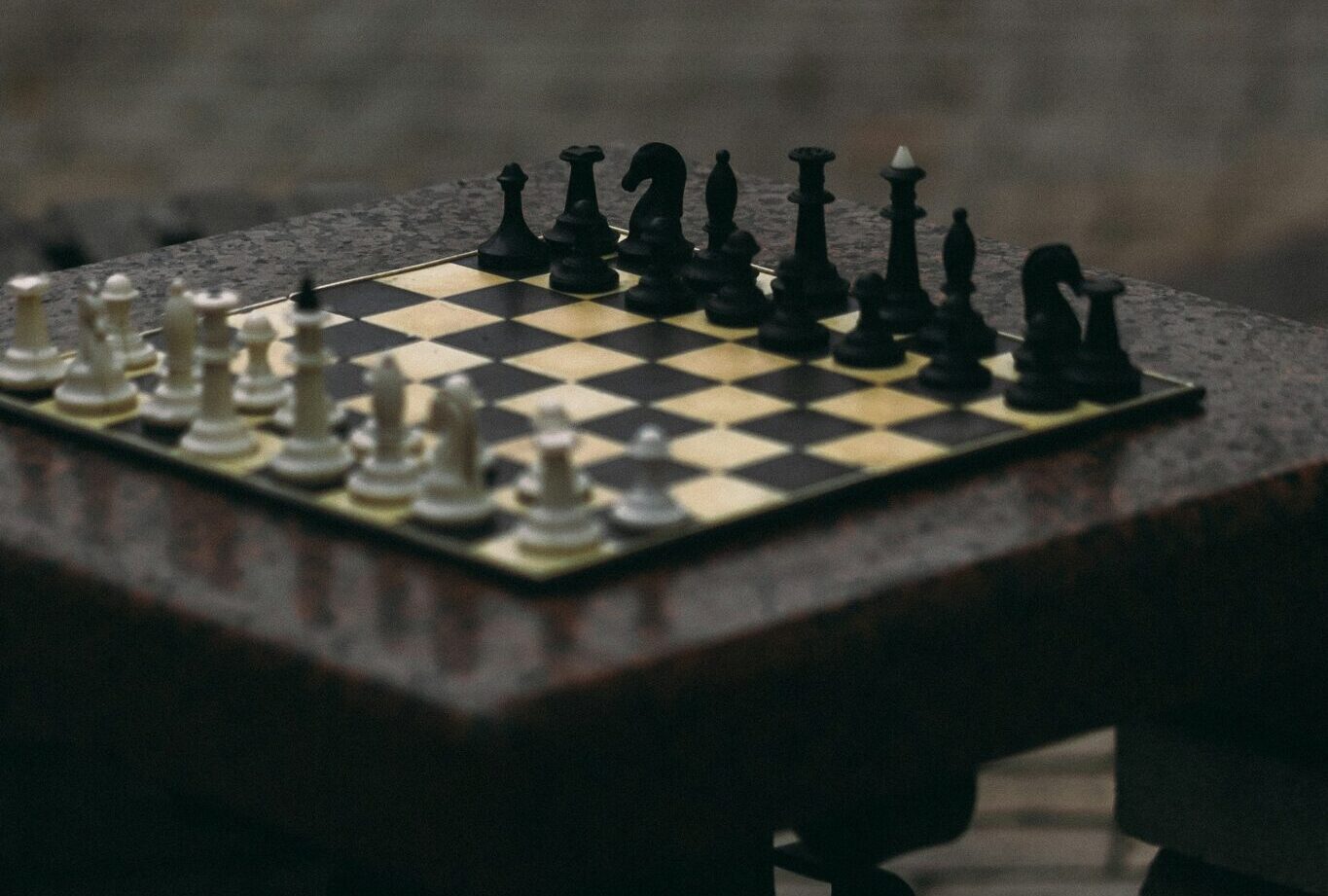Chess is a game of strategy and planning that has been popular for centuries. It is a game that requires skill and finesse, and is now available to play on computers and other digital devices. This article will explore the many possibilities that playing chess on a computer offers, such as convenience, an expansive selection of opponents, and the ability to learn and improve.
Table of Contents
Chess on computer
Playing chess on computer has many advantages. One of the most immediately noticeable is the convenience. With a computer, you can play against a wide variety of opponents from around the world, at any time of day. You can also save your games and analyze them later, allowing you to gain insight into your own play and learn from your mistakes.
Another advantage of playing chess on computer is the ability to practice and improve. With built-in tutorials, game analysis tools, and the ability to play against opponents of varying levels, you can hone your skills and become a better player. Additionally, the computer can provide helpful advice on moves and strategies, allowing you to take your game to the next level.
What is chess on computer?
Chess on computer is an interdisciplinary field that combines the game of chess with computer science. It is a subset of the wider field of artificial intelligence (AI) and computer game playing. It has been studied for decades, with the first computer chess programs appearing in the 1950s. Today, computer chess is a major part of the AI and gaming research fields.
Computer chess programs can range from simple programs that use basic algorithms to advanced programs that use complex heuristics and algorithms. They can be used for entertainment, for training, or for competitive play. The strong chess playing programs have reached a level where they can beat even the strongest human players.
Computer chess tournaments have become increasingly popular, and online chess sites allow players to compete against each other or against computer programs. There are also programs that can be used to analyse chess games and find mistakes or to find tactical or positional improvements.
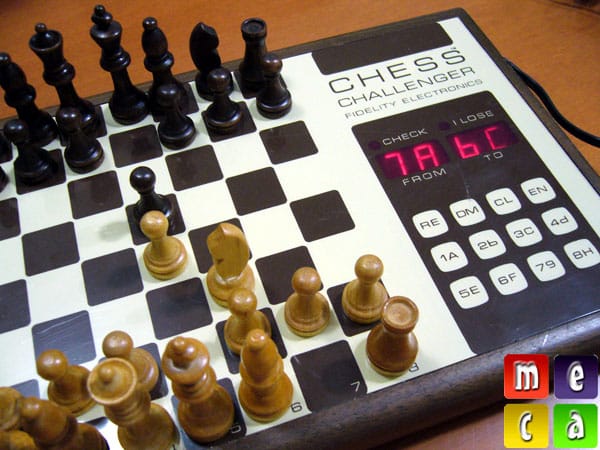
Computer chess is a fascinating field that continues to grow and evolve as technology advances. It is a great way to improve one's chess playing skills, to compete against others, and to learn more about the game.
Can chess raise your IQ?
Chess is an ancient game that has been played for centuries. It is a game of strategy and skill that requires concentration and problem-solving skills. Many studies have suggested that playing chess can indeed raise one's IQ.
Playing chess can help improve logical thinking, concentration, and self-discipline. It can also help to improve memory, spatial reasoning, and problem-solving skills. It can also help to build confidence and self-esteem. Playing chess regularly can also help reduce stress.
Chess can also help to teach children important life lessons such as the importance of strategy, planning ahead, and the consequences of making mistakes. Furthermore, playing chess can be a lot of fun and a great way to spend time with family or friends.
In conclusion, playing chess can be a great way to raise one's IQ. It can help to improve logical thinking, concentration, and problem-solving skills. Additionally, it can help to teach children important life lessons and be a lot of fun.
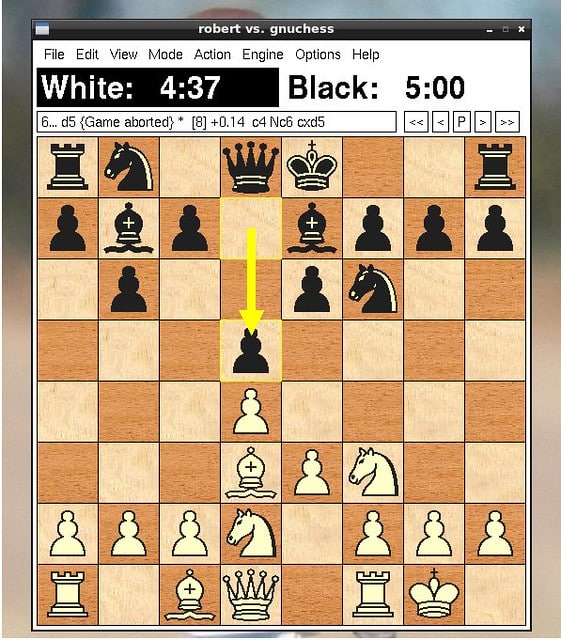
Can you play chess on computer?
Yes, you can play chess on computer. There are several ways to do it:
- Using a chess program such as Fritz, Rybka, Stockfish, Arena and Houdini.
- Playing online on websites like Chess.com, Lichess, and PlayChess.
- Using chess applications on mobile devices like Chess.com and Chess Tactics Pro.
These programs allow you to play against either a computer or human opponents. You can also use the programs to analyze games and practice tactics. Some programs even have features like a chess database, opening book, and endgame tablebases. All these features make it easier for you to become a better chess player.
What is the 20 40 40 rule in chess?
The 20 40 40 rule in chess is a guideline to help players improve their game. It suggests that players spend 20% of their time on openings, 40% on middlegame, and 40% on endgame. This technique is used by both beginners and advanced players alike, as it helps them to better understand their own strengths and weaknesses and how to improve their game.
By dedicating a specific amount of time on playing Chess on computer, the player can focus on developing the necessary skills for each phase. This can help them to identify areas in which they need improvement and to practice those areas until they become stronger. Additionally, it helps them to develop a deeper understanding of the game and how the different elements interact.
The 20 40 40 rule also helps players to stay motivated when learning the game. By focusing on each phase in turn, the player can learn each part of the game and become a better chess player in the process. Additionally, it encourages the player to continue to practice and improve their game, as they can see the progress they make.
Has any human beaten a computer in chess?
Chess is a game of strategy, skill and calculation that has been around for centuries. Achieving grandmaster level is considered one of the highest accomplishments in the game. In the past few decades, computers have become increasingly sophisticated, able to beat even the most talented human players. However, has any human ever beaten a computer in chess?
The answer is yes. In 1997, Garry Kasparov, widely regarded as the greatest chess player of all time, beat IBM's Deep Blue computer in a six-game match. Although Deep Blue won the rematch the following year, this was the first time a computer was defeated by a human in a chess competition. Kasparov's victory was hailed as a major victory for humanity over machine.
Since then, there have been several other examples of humans beating computers in chess. In 2020, AlphaZero, an AI developed by Google, defeated a world-class chess engine called Stockfish in a 100-game match. More recently, in 2021, the computer-chess program Lc0 was beaten by grandmaster Hikaru Nakamura in a 10-game match.
These victories have shown that, although computers are now able to think and play at a level far beyond what humans can achieve, they still cannot match the experience, intuition and creativity of a human grandmaster. Despite the advances in computer technology, humans can still beat computers in chess.
In conclusion, chess on computers has been a fascinating development over the last few decades. It has pushed the boundaries of the game and provided players with more opportunities to improve their skills and strategies. Computer chess is a great way to practice, compete and learn the game of chess. It also provides a platform for players to compete with each other, even across borders. Computer chess is here to stay.
- It has pushed the boundaries of the game and provided players with more opportunities.
- Computer chess is a great way to practice and compete.
- It provides a platform for players to compete with each other.
- Computer chess is here to stay.
If you liked this post about Chess on computer you should read about Chess.com play free chess

